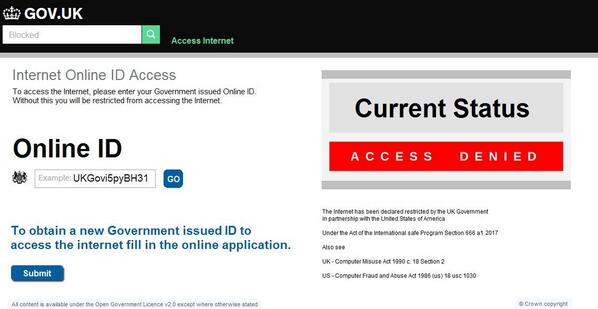
National Institute of Standards and Technology (NIST) has issued $2.4 million for testing a government-based online identity system in Michigan and Pennsylvania. The initiative was developed under the “National Strategy for Trusted Identities in Cyberspace” program for years and now is rolled-out for field testing.
“The goal is to put to bed once and for all our current ineffective and tedious system of using passwords for online authentication, which itself was a cure for the even more ineffective and tedious process of walking into a brick-and-mortar building and presenting a human being with two forms of paper identification,” reporter Meghan Neal wrote for VICE’s Motherboard website on Tuesday this week. Neal also expressed that it will help curb the problem of fraud which causes loses in billions for the US government.
“The Commonwealth of Pennsylvania pilot will offer residents the opportunity to obtain a secure, privacy-enhancing credential to conduct online transactions with a number of participating agencies including the departments of Public Welfare and Health,” NIST said when they awarded the grant to the Keystone State. “Citizens will be able to register just once to access a variety of services, eliminating the need to create multiple accounts and to validate their identity multiple times.”
It can bring convenience for many and that is the central idea of this project. However, it will also give more control to the government and that could be good or bad depending on what government decides to do with it. Thus, the stakes are too high according to Electronic Privacy Information Center associate director Lillie Coney. Coney said in 2011:
“Look at it this way: You can have one key that opens every lock for everything you might need online in your daily life, or, would you rather have a key ring that would allow you to open some things but not others?”
This will also open new opportunities for the hackers as well. Once they have access to your cyber ID they can access everything. Neal also shared same thoughts this week:
“Then there’s the problem of putting all your security eggs in one vulnerable basket. If a hacker gets their hands on your cyber ID, they have the keys to everything.”

